On December 27, 1981, eight Baha’i leaders in Iran were executed by the Iranian authorities. Six more were executed on January 4, 1982. Saleem Vaillancourt, a UK-based journalist and IranWire editor, and a member of the Baha’i community, looks back at this history.
Forty years ago today, the Islamic Republic of Iran told the world that it had executed my great-uncle. He was 65 years old. Mehdi Amin-Amin – if I'd known him, I would have called him Mehdai-joon, a contraction of Mehdi, and the Persian words dai for maternal uncle and joon for dear – was survived by his wife, daughter, two grandsons, and three siblings including my grandmother.
He was arrested and killed because he was a Baha'i: a member of Iran's largest non-Muslim religious minority. The Baha'is believe in the oneness of humanity, equality of women and men, and in the elimination of all forms of prejudice. More than 200 Baha'is were executed after the 1979 Islamic Revolution. Today they suffer discrimination in every part of their lives.
Mehdai-joon's story reminds us why the plight of Iran's Baha'is must stay on the agenda – it speaks to the suffering of an entire community. The next time the United Kingdom hosts Iran's foreign minister, as it did this past September, can be a chance for the rights of all Iranians, including Baha'is, to be raised at the highest levels.
The news about Mehdai-joon had been in the Times, the Guardian and the New York Times, though as Le Monde reported, at first the authorities denied the killings. But on January 20, 1982, in a Tehran newspaper, two judiciary officials, Ayatollah Mohammadi Gilani and Seyyed Asadullah Lajevardi, said that my great-uncle and 13 other "heads of the perverse Baha'i sect" had been executed on December 27 for crimes such as insulting Islam, plundering assets and spying on Iran.
My great-uncle had been arrested two weeks earlier with seven other members of the Baha'i community's elected national council. Farideh Samimi, a Baha'i woman who was arrested alongside the council members, but then released, later said that Mehdai-joon, a lawyer, had asked the Revolutionary Guards if they had arrest warrants. But "the ... Guards didn't need any warrants. Whatever they said would go," she said.
The council had decided to meet to discuss widespread attacks against Baha'is during the Revolution. The Copenhagen University scholar Fereydun Vahman, in his 2019 book 175 Years of Persecution, records that one couple "was drenched in kerosene and set on fire ... Baha'i girls were kidnapped and forced to marry" against their wishes, and that "Baha'i cemeteries were desecrated" and corpses were "dragged out and jubilantly burnt on garbage heaps". And when one ayatollah described non-Muslims as "the same as animals that graze on earth and spread corruption", Baha'is were "bridled like donkeys [and] chained in stables". The members of dozens of local Baha'i councils were also, like Mehdai-joon and his colleagues, arrested and killed.
Families of detained Baha'is often had to hunt for their missing loved ones. Finding them sometimes meant being forced to pay for the bullets used in their executions.
Ayatollah Ruhollah Khomeini, the Revolution's leader, said many times that Baha'is were "infidels", "unclean" and not a religious community but agents working for foreign powers. The Stanford University historian Abbas Milani, however, in the 2014 documentary To Light a Candle, by IranWire’s editor-in-chief Maziar Bahari, said that if the authorities had "a shred of evidence" they would have "shown it to the world". No such proof has ever been produced. And in a 2009 letter, 267 Iranian activists said that, since the 19th century emergence of the Baha'i faith, "thousands of our countrymen have been slain by the sword of bigotry and superstition only for their religious beliefs."
International outcry diminished the 1980s executions. But United Nations reports show that Baha'is continue to be persecuted. Baha'is are monitored and suppressed, denied university educations, their businesses confiscated, lands appropriated and official hate speech about them floods the media. Ayatollah Ali Khamenei, Iran's supreme leader, himself signed a 1991 memorandum calling for these policies. Firing squads and gallows were swapped for a more enduring form of injustice: social and economic strangulation administered by government bureaucracy.
One account relayed to me suggests that more than a thousand Baha'is – who have been arrested, tried, interrogated and intimated, and released on crippling bails – are now awaiting either new hearings or a summons to prison. Each of them is trapped in this purgatory – lasting months or even years. Waiting for a jail sentence is challenging to splash as a headline, given Iran's many other human rights crises, tragedies and upheavals, but it is a form of torture.
The 1982 article on the executions of the national council members also confirmed that six members of a local Baha'i council for Tehran had been killed at about the same time. One of the Tehran council members, Khosrow Mohandesi, was also related to my family. My links to these stories is not unique – Baha'is with Iranian backgrounds are all within touching distance to the lost.
The widow of one of the national council members, Parvin Roshani, said in a 2015 BBC documentary that the condemned walked to the execution platform in a line. Mehdai-joon was at the front. "When they started [embracing] each other", Roshani said, for their goodbyes, "the firing squad didn't understand what they were doing, and they opened fire, killing them all before they even reached the [platform]".
Forty years ago the Islamic Republic tried to justify these killings through baseless allegations and prejudice. Now it takes people's lives, without killing them, and denies it to the world. But perhaps this anniversary – the anniversary of a moment of candor by the Iranian authorities – can encourage British journalists and officials to remember the Baha'is when they next cover and meet with the leaders of Iran.
A version of this article first appeared on the London Review of Books.
Related coverage:
Baha'i Assemblies After the Revolution: Arrest, Torture and Execution
“I Hope My Father was Killed by a Firing Squad”
Iran Steps up Tactics to Eliminate the Country’s Baha’is
Supreme Leader's Conglomerate Poised to Snatch Six More Baha'i Properties
"Iran Without Hate" Campaign for Baha'is Attracts Widespread Support




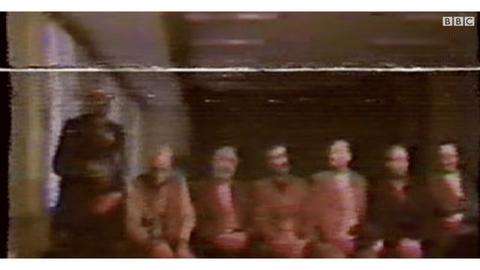


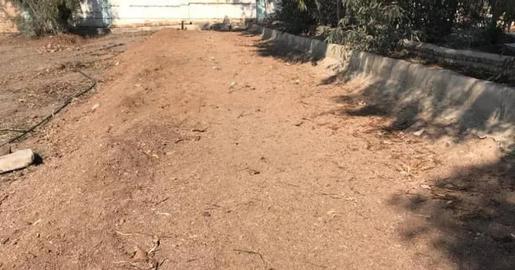
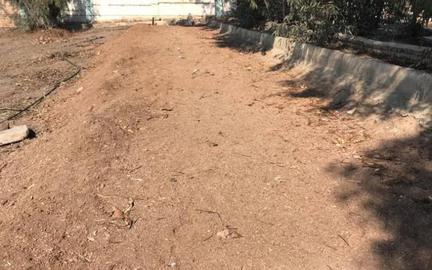

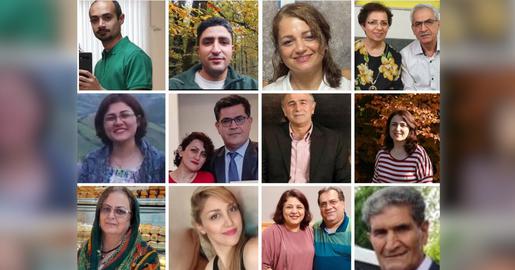
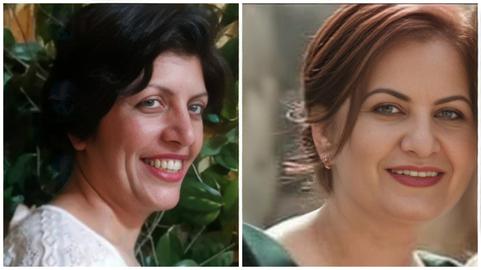

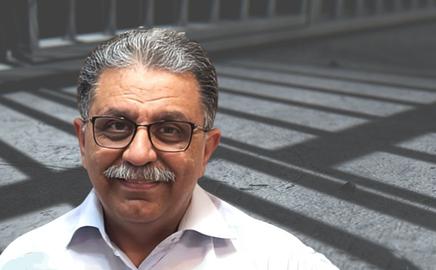

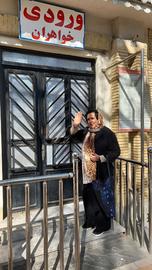
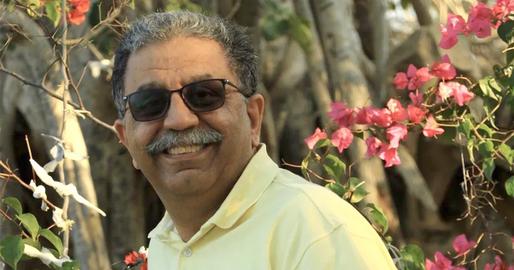



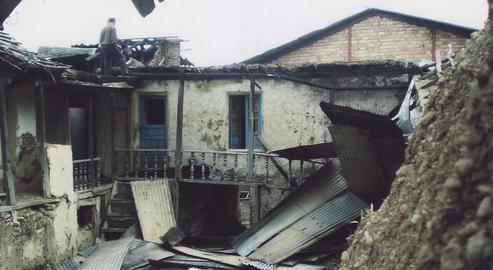
comments